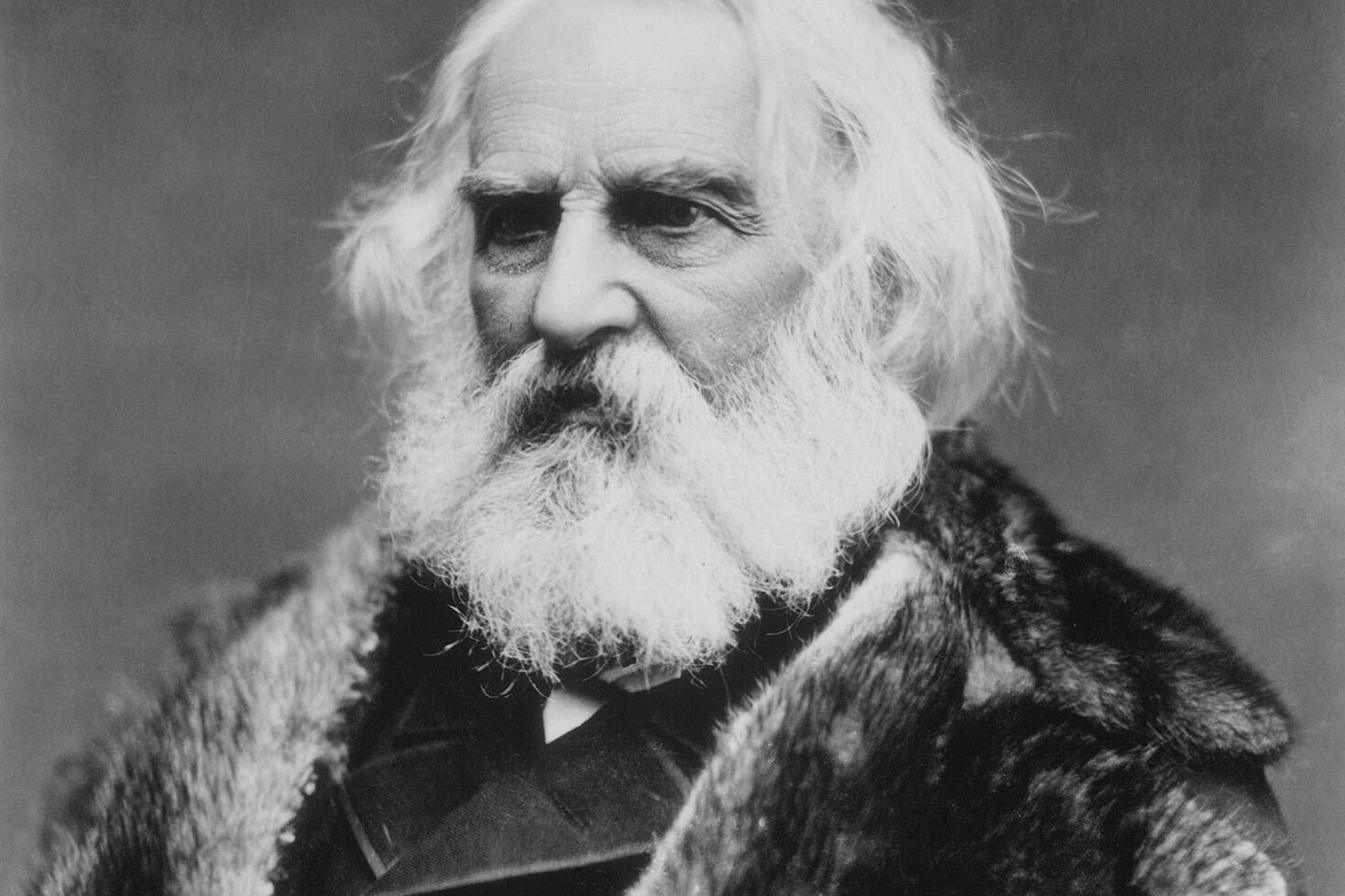A Word from Henry Wadsworth Longfellow
If we could read the secret history of our enemies, we should find in each man's life sorrow and suffering. — Henry Wadsworth Longfellow
Whenever I struggle to show mercy to someone, I think of this quote. Indeed, sometimes I think of it when the person I’m struggling to show mercy to is myself. Reflecting on it reminds me that, although we are not victims of our experiences, they have shaped us. We show up wherever we are as those whose experiences have molded us, for good or ill, into the people we are.
It’s hard to remember this in the teeth of someone’s bad behavior. When you are being cussed out, held up, and unfairly judged, it’s nearly impossible to stop and think, “I wonder what happened to him that he is behaving this way?” But I have found that the more I ask this question, even in the aftermath, the easier it becomes to respond with mercy in the moment.
This quote also reveals one of the reasons for God’s unlimited capacity for mercy. While we may be incapable of reading a person’s secret history, God can. He experiences our experiences from every conceivable angle and knows us through and through. He knows why we are the way we are. This is what the psalmist referred to when he wrote, “You have searched me, LORD, and you know me” (Psalm 139:1).
This knowledge leads him to extend mercy and grace.
It is why Jesus “welcomed sinners and ate with them” (Luke 15:2). He knew their secret histories. He knew them to be sick and in need of a physician, so he admitted them into his practice.
Parents with small children are excellent models of this. When their child is throwing a tantrum, refusing to be consoled, and committed to being angry about everything, the mother who knows the child realizes what? It’s nap time! She takes pity on the child and rocks her to sleep; after the nap, the child wakes up with a yawning smile, forgetting the terror they wrought on the house.
Our world desperately needs this extension of mercy, especially as we approach another contentious political year. Mercy (pity really is the better word) doesn’t mean overlooking faults and casually allowing injustice, but it trains us to act properly, and restoratively, like Jesus.
Try it the next time you’re in line at the grocery store and the cashier is ornery and prone to mistakes. Think of it when your spouse is impatient. Consider it when you’re engaging in self-doubt. Then consider him who knows us perfectly, and allow him to fill you with the grace and mercy perfectly suited to you in the moment.





I really needed to hear those words today. Thank you for that. I struggle with my anger, especially in the car. I feel like so many people are in a hurry and willing to risk not only their lives but mine just to get from point A to point B. I started an exercise trying to imagine that the person is on the way to family or emergency and that is why they are in such a hurry. That usually works until I see them turn into a DQ! Still a worthy endeavor. Thanks for the encouragement.
To show empathy, I often ask myself "what is the best possible motive" I can attribute to this person's behavior? It helps me enact my commitment to not being easily offended, a key to returning to calmness and peace of mind.